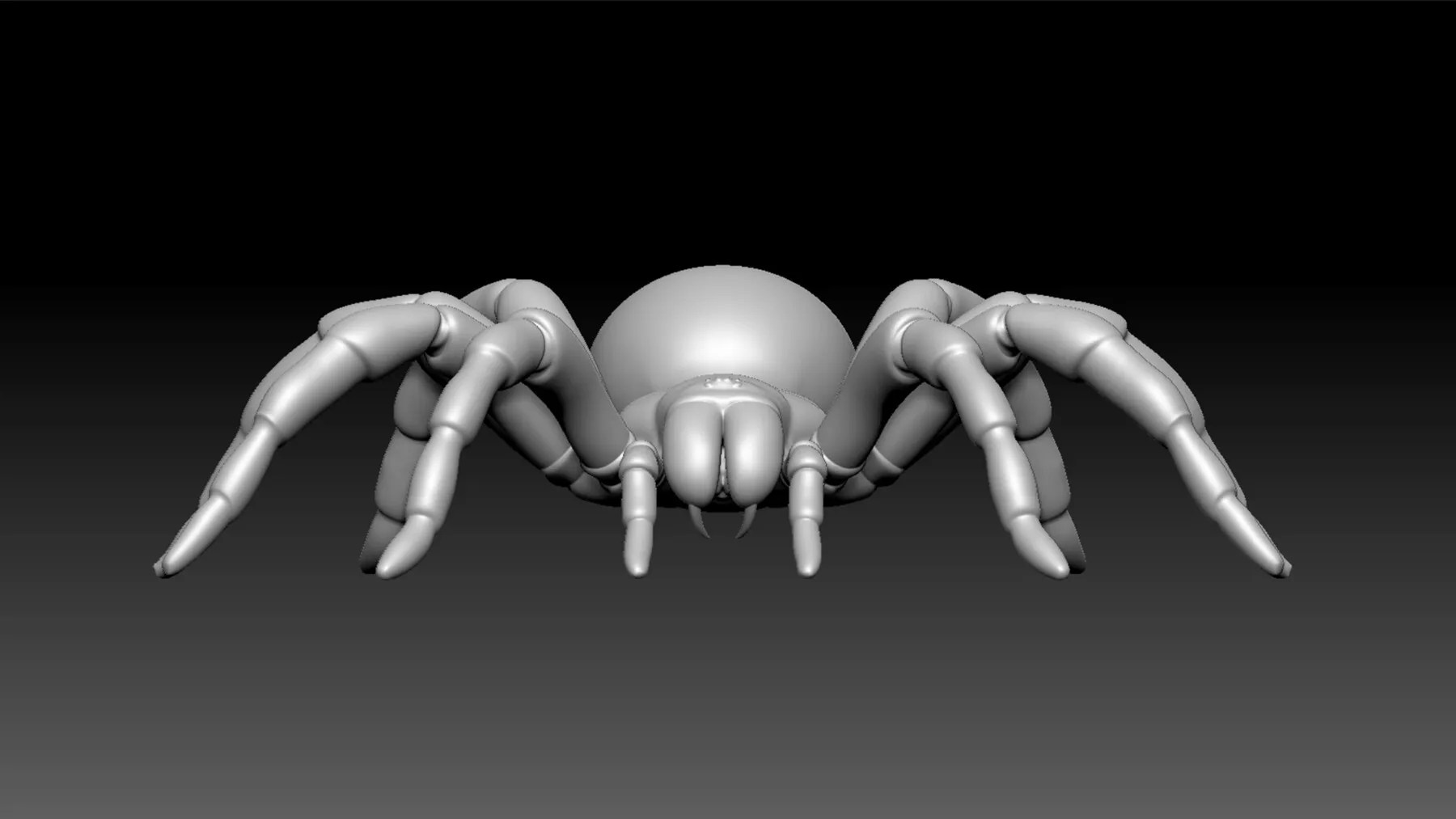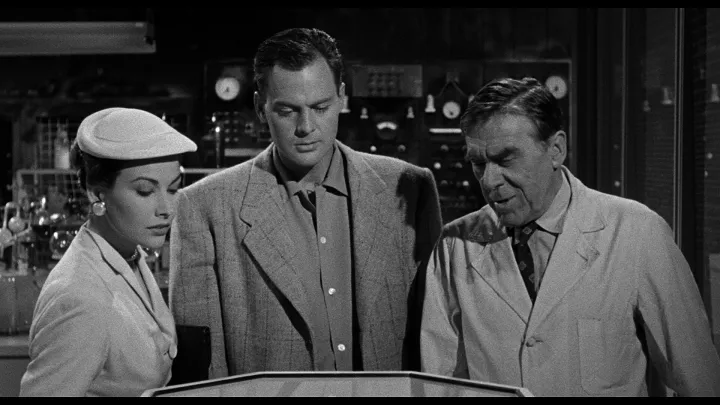What is Tarantula 2
Tarantula 2 represents a significant leap forward in [Relevant Tech Field], designed to [briefly explain purpose]. It’s a complex system comprised of several interconnected components, each playing a vital role in its overall functionality. This guide provides a comprehensive overview of how Tarantula 2 operates, from its core features to its advanced capabilities. Understanding Tarantula 2 is crucial for anyone seeking to [mention target audience/benefit], offering insights into its design, operational procedures, and optimization techniques. Whether you are a beginner or an experienced user, this guide will equip you with the knowledge to effectively utilize and troubleshoot Tarantula 2.
Key Features of Tarantula 2
Tarantula 2 distinguishes itself through a range of innovative features. Key functionalities include [feature 1], which allows for [explanation]. Moreover, it incorporates [feature 2], enhancing [benefit]. The system also boasts [feature 3], providing [advantage]. These features collectively contribute to Tarantula 2’s efficiency and versatility. Furthermore, the system is designed with [feature 4], ensuring a [positive outcome]. These features are designed to maximize performance and usability. Furthermore, it offers [feature 5], resulting in a [advantage].
Core Components of Tarantula 2

The functionality of Tarantula 2 relies on several critical components working in concert. Each of these elements is essential to the system’s operation. Understanding these components is critical to grasping how Tarantula 2 works as a whole.
The Engine
The Engine is the heart of Tarantula 2, responsible for [Engine Function]. It uses [brief technical explanation] to generate [output]. The Engine is designed for [design characteristics], ensuring [benefits]. Regular maintenance of the engine is crucial for optimal performance and longevity. Proper care ensures that the system runs efficiently. Regular inspections and timely repairs are essential for maintaining peak functionality. (image: tarantula-2-engine.webp)
The Transmission
The Transmission is responsible for [Transmission Function], which allows [explanation]. It plays a critical role in [its role]. The Transmission is designed to [design characteristics], optimizing [benefits]. Proper operation of the transmission is essential for overall system efficiency. Regular checks and adjustments can improve performance. The transmission’s design ensures a seamless and effective operation (image: tarantula-2-transmission.webp).
The Suspension System

The Suspension System manages [Suspension Function], enabling [explanation]. It is a critical component that contributes to [its role]. The suspension system is designed with [design characteristics], providing [benefits]. Regular maintenance is critical to keep the system functional and reliable. Regular checks will enhance the performance and reliability of the system (image: tarantula-2-suspension.webp).
How Tarantula 2 Operates
Tarantula 2’s operation involves several key steps. The entire process is designed to ensure efficiency. The proper execution of each step is critical to its overall effectiveness. This section offers a detailed explanation of each of these processes.
Step-by-Step Operational Processes
The operational process of Tarantula 2 consists of several phases. Understanding these steps is essential for effective use. Each phase is designed to contribute to the system’s optimal operation. Careful adherence to these steps ensures maximum benefit. These steps also facilitate effective troubleshooting and maintenance.
Starting Tarantula 2

Starting Tarantula 2 involves a sequence of operations. Firstly, ensure [pre-start check 1]. Secondly, activate [step 2]. Finally, initiate [step 3]. Following these procedures ensures the system starts correctly. A proper start up will set the base for further processes. Following these steps will prevent issues and improve overall system health (image: tarantula-2-start-up.webp).
Navigating Tarantula 2
Navigating Tarantula 2 involves understanding its interface. [Describe interface and basic navigation]. To access [feature 1], navigate to [location]. For [feature 2], use [method]. The navigation system is designed for ease of use. The system ensures the user has an intuitive experience. Users are able to use the system with a minimum of training (image: tarantula-2-navigation.webp).
Shutdown Procedures
Shutting down Tarantula 2 requires a systematic approach. First, [step 1]. Second, [step 2]. Finally, [step 3]. Performing these steps ensures a safe shutdown. These procedures are crucial to preserve system integrity. Careful shutdown protects the components from damage.
Advanced Functionalities of Tarantula 2

Tarantula 2 includes a number of advanced features. These functions are designed to boost productivity. These features provide users with extra options. In this section, we will analyze some of these advanced functions.
Troubleshooting Common Issues
Users might face certain issues. [Issue 1] can be resolved by [solution]. For [Issue 2], try [solution]. If the problem persists, [additional steps]. Troubleshooting is an essential skill for effective use. The user can find solutions easily (image: tarantula-2-troubleshooting.webp).
Performance Optimization Tips
To optimize performance, consider these tips. Ensure [tip 1]. Implement [tip 2]. Regular [action] will improve efficiency. These tips are designed to boost overall performance. Proper implementation will make the system more effective.
Best Practices

Implementing best practices is critical. Always [practice 1]. Regularly [practice 2]. Following these practices ensures the longevity of the system. These steps maximize the value derived from Tarantula 2. They also enhance the system’s reliability and efficiency.
